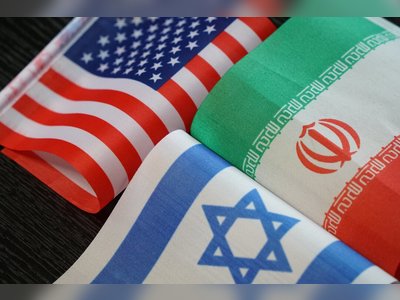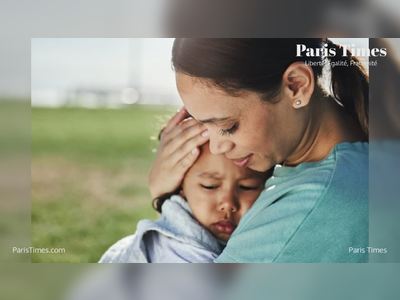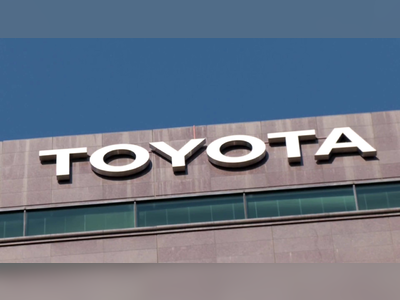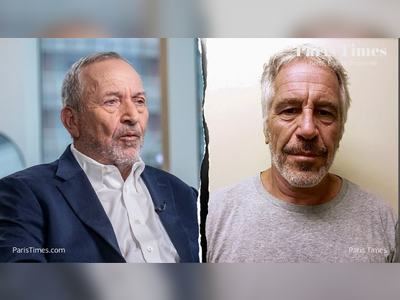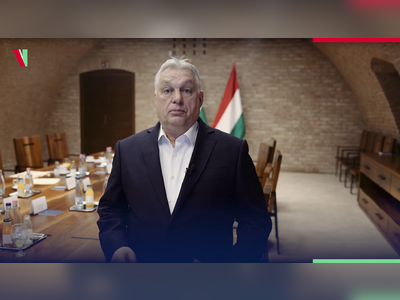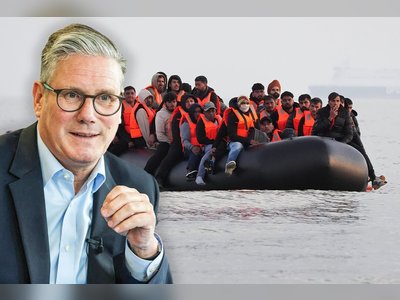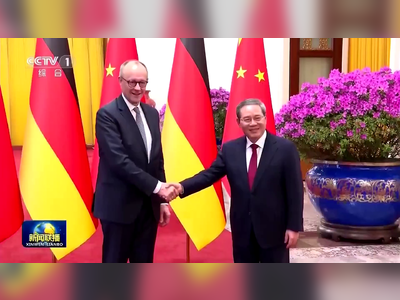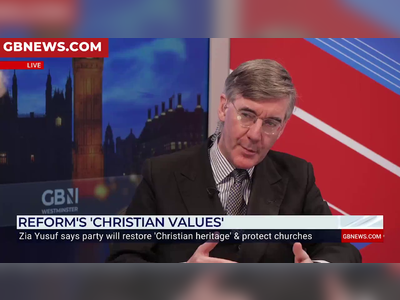U.S. Withdrawal of Funding from Vaccine Alliance Poses Global Health Risks
The impending cessation of U.S. financial support to Gavi could endanger global vaccination efforts and public health.
The potential withdrawal of funding from Gavi, the Vaccine Alliance, by the U.S. government has raised significant concerns among global health experts.
Established in 2000, Gavi plays a crucial role in immunizing children in low-income countries against preventable diseases like meningitis, measles, cholera, and diphtheria.
The organization has been credited with saving approximately 19 million children’s lives through its vaccination programs.
Reports indicate that the Trump administration intends to halt U.S. contributions, which account for roughly 15% of Gavi's overall budget.
This funding cut could have dire consequences for public health worldwide, with Gavi's Director-General warning of a potential increase in mortality rates, estimating that the loss of funding could result in an additional one million deaths globally.
John Johnson, a vaccination adviser at Médecins Sans Frontières France, highlighted that the repercussions would extend beyond the countries directly supported by Gavi and could have far-reaching effects on global health systems.
The U.S. government's decision is part of a broader trend of reductions in foreign aid spending, which has drawn criticism from public health advocates who argue that such measures undermine international efforts to combat infectious diseases.
The implications of this funding cut are currently being assessed by various stakeholders across the global health community, particularly in light of ongoing public health challenges exacerbated by the COVID-19 pandemic.
Global vaccination initiatives remain essential to ensuring the health and safety of populations, especially in regions vulnerable to outbreaks of vaccine-preventable diseases.
Established in 2000, Gavi plays a crucial role in immunizing children in low-income countries against preventable diseases like meningitis, measles, cholera, and diphtheria.
The organization has been credited with saving approximately 19 million children’s lives through its vaccination programs.
Reports indicate that the Trump administration intends to halt U.S. contributions, which account for roughly 15% of Gavi's overall budget.
This funding cut could have dire consequences for public health worldwide, with Gavi's Director-General warning of a potential increase in mortality rates, estimating that the loss of funding could result in an additional one million deaths globally.
John Johnson, a vaccination adviser at Médecins Sans Frontières France, highlighted that the repercussions would extend beyond the countries directly supported by Gavi and could have far-reaching effects on global health systems.
The U.S. government's decision is part of a broader trend of reductions in foreign aid spending, which has drawn criticism from public health advocates who argue that such measures undermine international efforts to combat infectious diseases.
The implications of this funding cut are currently being assessed by various stakeholders across the global health community, particularly in light of ongoing public health challenges exacerbated by the COVID-19 pandemic.
Global vaccination initiatives remain essential to ensuring the health and safety of populations, especially in regions vulnerable to outbreaks of vaccine-preventable diseases.
